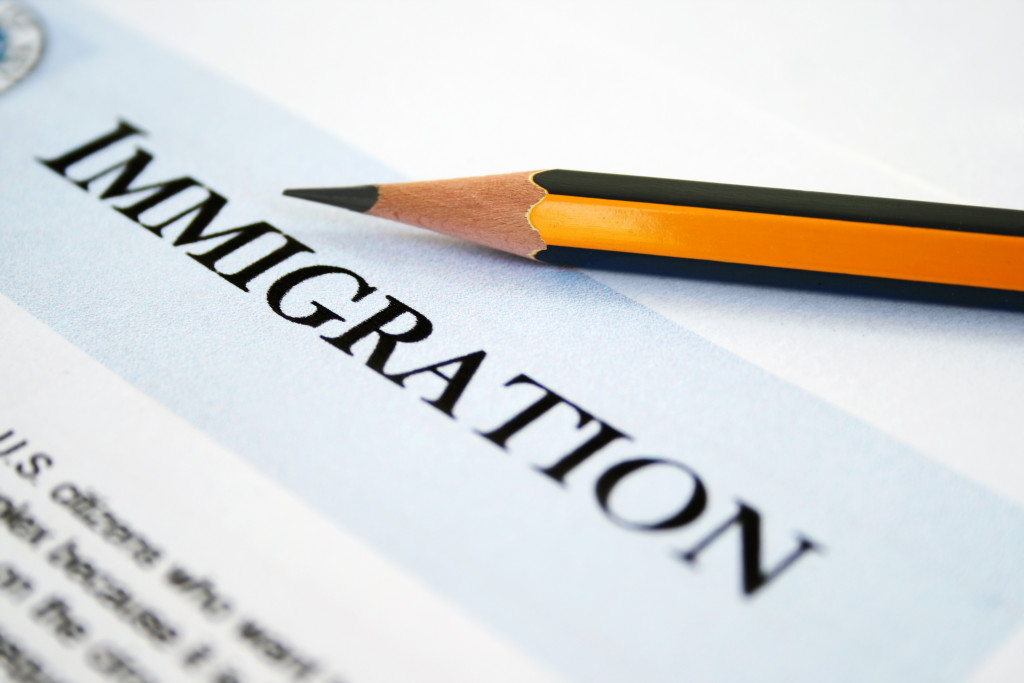If you’re immigrating to the United States, you must be aware of the potential legal issues. Many people are not prepared for the challenges they may face, from finding an immigration lawyer to dealing with their status once they arrive in the country. These things can be very overwhelming, but there are ways to navigate the legal system and get the help you need.
This blog post will give tips on navigating a legal issue and what to do if you find yourself in a difficult situation.
1. Do your research
The first step is to do your research and understand the legal system in the United States. This can be daunting, but many resources are available to help you. The internet is a great place to start, but you should also speak to an immigration lawyer or someone who has gone through the process themselves. You need to understand the different types of visas, the application process, and the requirements for each.
If you’re unsure where to start, the USCIS website is a good resource. It has information on all aspects of immigration, from applying for a visa to what to do after you arrive in the country. You
2. Know your rights.
It’s also essential to have a clear understanding of your rights. The best way to do this is by consulting with an attorney or seeking out resources from organizations such as the American Immigration Lawyers Association. Many people get deported because they don’t know their rights or how to assert them.
There are also some cases where illegal immigrants are taken advantage of by their employers or landlords. They may be afraid to speak up because they don’t want to get deported. It’s important to know that you have rights and that some people can help you if you’re in a difficult situation. If you get jailed, for example, you have the right to a bond hearing. This is where an immigration judge will decide if you can make an immigration bond payment and be released while your case is pending.

3. Gather the necessary documents.
The next step is to gather all of the necessary documentation. This may include paperwork from your home country and documents related to your immigration status in the United States. If you’re unsure what kind of documentation you need, consult with an attorney or seek out resources from organizations specializing in immigration law. Different individuals will have different requirements, so getting accurate information for your specific case is essential.
Once you have all of the necessary documentation, you can begin working on resolving the legal issue. Some people choose to do this independently, but it’s often best to seek professional help.
4. Seek professional help.
Many immigration lawyers and organizations can help you with your case. It’s essential to find someone who is reputable and has experience with the type of issue you’re facing. Many immigration lawyers offer free consultations, so it’s a good idea to take advantage of this and get some advice before making any decisions.
Some people choose to represent themselves in immigration court, but this is generally not recommended. The process is complex, and the stakes are high. It’s essential to have someone on your side who knows the ins and outs of the system and can help you navigate the legal process.
5. Take action.
The final step is to take action. This may mean working with an attorney to file paperwork or going through mediation or arbitration. It’s important to remember that each situation is unique, so there’s no one-size-fits-all solution. Depending on the severity of the legal issue, you may resolve it quickly, or it may take some time. The most important thing is remaining patient and working towards a resolution.
When you’re dealing with a legal issue, it’s essential to stay calm and be patient. The process can be overwhelming, but there are ways to navigate the system and get the help you need. With the right information and assistance, you can resolve your issue and move on with your life.
If you’re immigrating to the United States, it’s essential to be aware of potential legal issues that could arise. By understanding your rights, gathering all necessary documentation, and taking action, you’ll be able to navigate a legal issue without any problems. Remember that each situation is unique, so if you’re ever unsure what to do, consult with an attorney or seek out resources from organizations specializing in immigration law. With the right help, you can resolve any legal issue.









